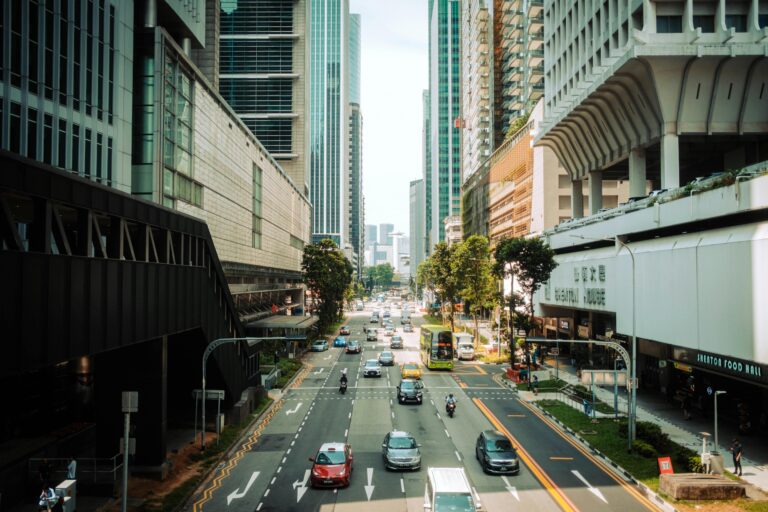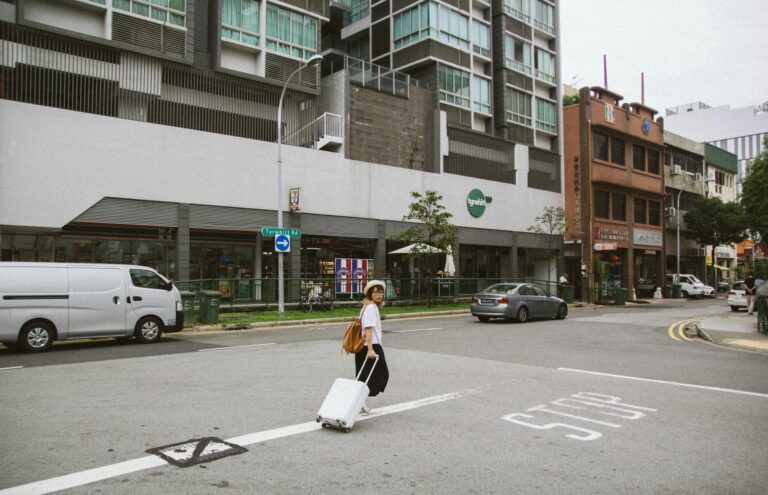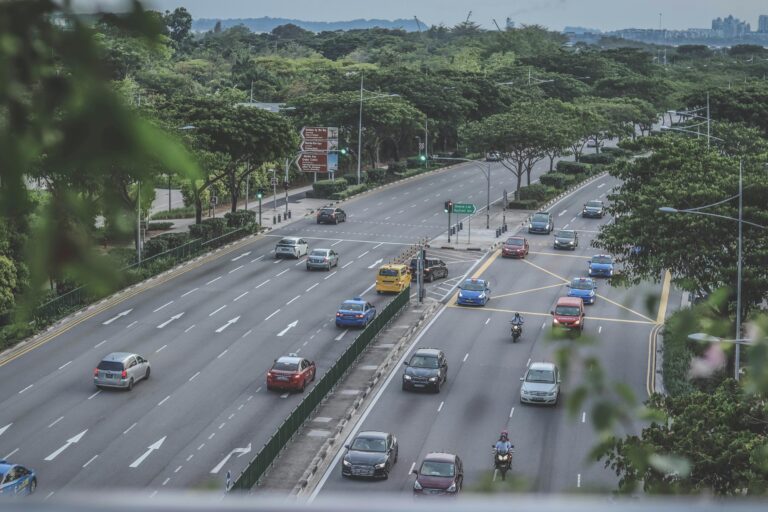
Singapore, often hailed as one of the cleanest cities in the world, has long been synonymous with impeccable cleanliness and strict hygiene standards. This reputation is no accident; it is the result of comprehensive policies, community engagement, and a shared national ethos that prioritizes cleanliness and public health. From its meticulously maintained streets to its cutting-edge waste management systems, Singapore’s approach to cleanliness offers a blueprint for cities worldwide.
Learn more driving tips here: https://learntodrivesg.com/
Historical Context
Singapore’s dedication to cleanliness traces back to its early years of independence. In the 1960s and 1970s, Singapore faced significant public health challenges, including infectious diseases and poor sanitation. Recognizing that cleanliness was crucial for a healthy and prosperous society, the government launched extensive public health campaigns and enacted strict regulations to improve living conditions.
One of the most significant initiatives was the “Keep Singapore Clean” campaign, launched in 1968 by then-Prime Minister Lee Kuan Yew. This campaign focused on educating the public about the importance of cleanliness, enforcing anti-littering laws, and improving waste management systems. Over the years, these efforts have evolved and expanded, solidifying cleanliness as a core aspect of Singaporean culture.
Public Policies and Regulations
Singapore’s government has implemented a variety of policies to maintain high standards of cleanliness and hygiene. Key among these are strict anti-littering laws, rigorous waste management practices, and comprehensive public health regulations.
Anti-Littering Laws
Singapore has some of the strictest anti-littering laws in the world. Offenders face heavy fines, corrective work orders, and even public shaming. Authorities rigorously enforce these laws, with undercover officers patrolling public areas to catch violators.
Penalty: Individuals caught littering can face fines of up to SGD 2,000 (approximately USD 1,500) for the first offence. Repeat offenders may face fines of up to SGD 4,000 (approximately USD 3,000) and may be subject to Corrective Work Orders (CWOs), requiring them to perform community service such as cleaning public areas.
Waste Management
Singapore employs an integrated waste management system that includes recycling, incineration, and landfill use. The country has developed state-of-the-art waste-to-energy plants that reduce landfill use and generate electricity from waste.
Public Health Regulations
The National Environment Agency (NEA) oversees public health and hygiene standards, ensuring that food establishments, public toilets, and other facilities adhere to strict cleanliness guidelines. Regular inspections and stringent licensing requirements help maintain high standards.
Penalty: Food establishments found to be in violation of hygiene standards may face fines or have their licenses suspended or revoked. Individuals or businesses found guilty of improper waste disposal or maintaining unsanitary conditions can also face fines and other penalties.
Community Involvement
The success of Singapore’s cleanliness initiatives also hinges on active community participation. The government regularly engages with citizens through educational campaigns and community programs that promote a culture of cleanliness and responsibility.
- Public Awareness Campaigns: Initiatives like the “Clean & Green Singapore” campaign encourage citizens to take ownership of their environment. These campaigns emphasize the importance of personal responsibility and community involvement in maintaining cleanliness.
- Volunteer Programs: Numerous volunteer programs provide opportunities for residents to participate in cleanup activities, environmental education, and public health initiatives. Schools and community organizations often organize clean-up drives and other activities to instill a sense of environmental stewardship in younger generations.
- Educational Efforts: Environmental education is integrated into the school curriculum, teaching children from a young age about the importance of cleanliness and sustainable practices. Schools often participate in competitions and projects that promote environmental awareness and action.
Technological Innovations
Singapore leverages technology to enhance its cleanliness and hygiene standards. The Smart Nation initiative integrates advanced technologies to monitor and manage public spaces efficiently.
- Smart Waste Management: IoT sensors in public trash bins notify waste management services when they need to be emptied, optimizing collection routes and reducing littering. Smart bins also promote recycling by providing real-time feedback to users on proper waste disposal.
- Robotics and Automation: Autonomous cleaning robots are deployed in public spaces to maintain cleanliness. These robots are equipped with advanced sensors and AI to navigate and clean efficiently, supplementing the efforts of human workers.
- Public Health Monitoring: Technologies such as digital contact tracing and health monitoring systems were crucial during the COVID-19 pandemic, ensuring that public health guidelines were followed and outbreaks were quickly contained.
Challenges and Future Directions
Despite its successes, Singapore continues to face challenges in maintaining its high standards of cleanliness and hygiene. Rapid urbanization, increasing waste generation, and the need for sustainable practices pose ongoing challenges.
- Sustainability: As Singapore strives to become a zero-waste nation, it is focusing on reducing waste generation and increasing recycling rates. The government is investing in research and development of sustainable materials and waste management technologies.
- Public Engagement: Ensuring continued public engagement and compliance with cleanliness standards requires ongoing effort. The government regularly updates its strategies to keep citizens motivated and involved in cleanliness initiatives.
- Adapting to Change: The COVID-19 pandemic highlighted the need for adaptability in public health and hygiene practices. Singapore is continually refining its approaches to be resilient in the face of new challenges, ensuring that its standards remain high.
Conclusion
Singapore’s journey to becoming one of the cleanest cities in the world is a testament to the power of comprehensive policies, community engagement, and technological innovation. The city’s relentless pursuit of cleanliness serves as a model for other cities aiming to improve their public health standards. As Singapore continues to evolve and adapt, its commitment to cleanliness remains unwavering, ensuring a healthy environment for future generations.






